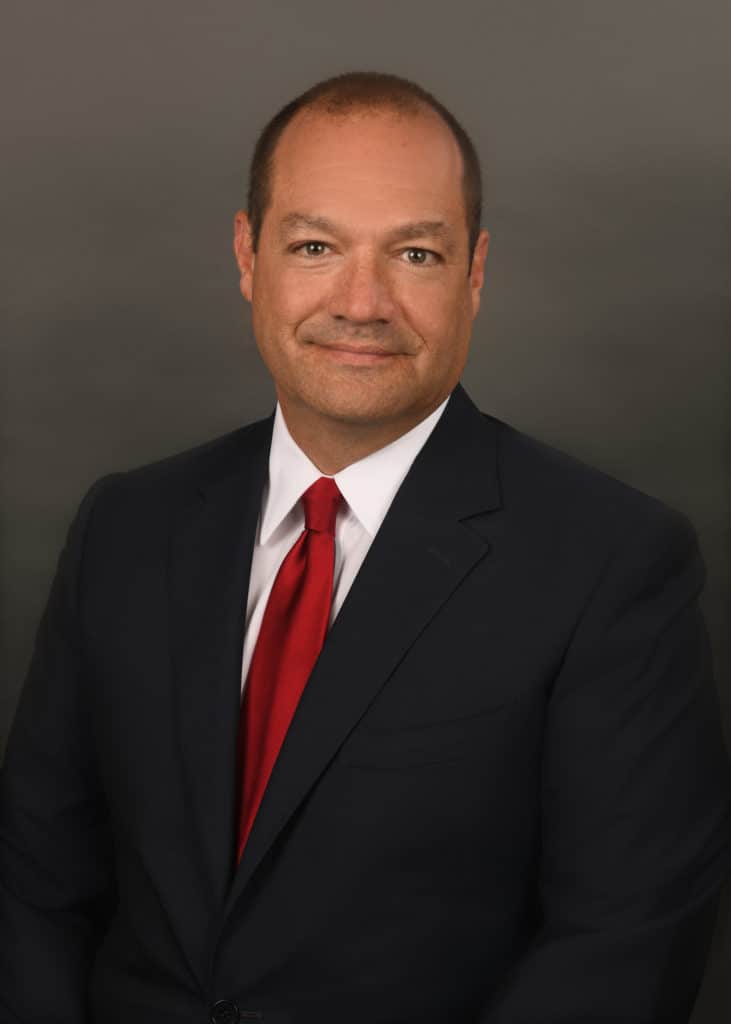
By Dan Murphy
We recently spoke with Yonkers Police Commissioner John Mueller about the changes to bail in New York State. The 2019-20 New York State Budget included sweeping changes to the way defendants are remanded following their arrest and before their criminal trial begins.
Under these reforms, courts now must release defendants on their own recognizance pending trial unless the court makes a determination that the defendant poses a flight risk to avoid prosecution. However, the court may not consider the danger that a defendant poses to the crime victim or the community.
Mueller, who recent met with the Westchester Police Chiefs Association, said he has serious concerns about public safety over bail reform. “This is the biggest issue for police in sometime,” he said. “Bail reform is making public safety harder… I think that all police executives thought bail reform was needed, but the new law leaves unnecessary gaps in the system.”
A case that has been highlighted to underscore the need for bail reform was the incarceration of Kalief Browde, who was stuck in Rikers Island Prison in NYC for three years because his family could not afford bail for his minor offense of stealing a backpack. Evenutally, he committee suicide.
“Nobody is disputing that the case of Browde was wrong and that common-sense bail reforms had to happen,” said Mueller. “What we are focusing on is the small population of repeat offenders. Some have committed numerous petty crimes. But the term ‘petty crime’ is deceiving because for the residents who have the home or car robbed it is not a petty crime… Bail reform as it stands takes the discretion away from a judge to give bail to some people or to hear an argument about why someone should be held in custody. We need some tools to keep some people in custody.”
Mueller added that some criminals do not return to court after being released, or if they are not held. This is called “failure to appear,” and a bench warrant is issued and the Yonkers police have to go out and bring these persons into court.
“The YPD has a warrant squad but if we find you and bring you into court, the judge has no reason to hold them so… A person who has a criminal history has just that, a history of committing the same crime or a history of not appearing in court. Some people will not return on their own.”
Mueller said he is most concerned about crimes of violence, and having those arrested released back to the public, and near their victims.
“We would like to have judges have the right to consider holding someone arrested for violence, or someone who has a history of violent crime,” he said. “We don’t want that person to victimize someone else… In my 27 years of policing, I believe that recidivism is responsible for most of the crimes. When we see a spate of auto larcenies in the middle of the night, if there are 30 of those crimes committed, 20 of them are committed by one person and all 30 are usually committed by two people.
“If you believe there is a small population that continues to commit crimes, then we need tools to protect the community,” continued Mueller. “We have lost one of those tools. I do not believe mass incarceration works; it’s not what we are as a society. But what they have done now is taken the resources away from those who are ensured with keeping the public safe.
“It’s a small group that is responsible for the vast amount of crimes. We are not opposed to alternatives but there has to be consequences for those who commit a crime. I’m also for rehabilitation for some and for some drug offenses. But for those who don’t go to their rehab, a judge should have the right to consider jail.”
Mueller responded to two common arguments in favor of the existing bail reform. Harvey Weinstein, who has been convicted of numerous sex crimes, is free not because of bail reform, but because he has the money to post bond. “I don’t know one member of the police who thinks that Harvey Weinstein should be free,” said Mueller.
“Communities of color are affected when repeat offenders get released, because they go back to the same communities and commit the same crimes, like break-ins and robberies,” he said. “I’m here to make sure the people are safe, and bail reform makes our communities less safe.”
The State of New Jersey has also passed bail reform, but Mueller said that in New Jersey, “a judge can consider bail in certain cases, so why not do that here in NY? That would take away most of our concerns,” he said.
Mueller said that the Westchester Police Chief Association is working on trying to resolve the issue and amend the bail reform law.
When asked about another concern regarding bail reform, traffic tickets, and how persons who plead not guilty could likely almost always have their cases and tickets dismissed if they plead guilty because the local police department and prosecutor will not have the documents and evidence ready for the new disclosure portion of bail reform, which requires production in 15 days, Mueller said, “I’m not concerned about that part of the law now. I’m more concerned about the repeat offenders and those committing violent crimes in our community.”





